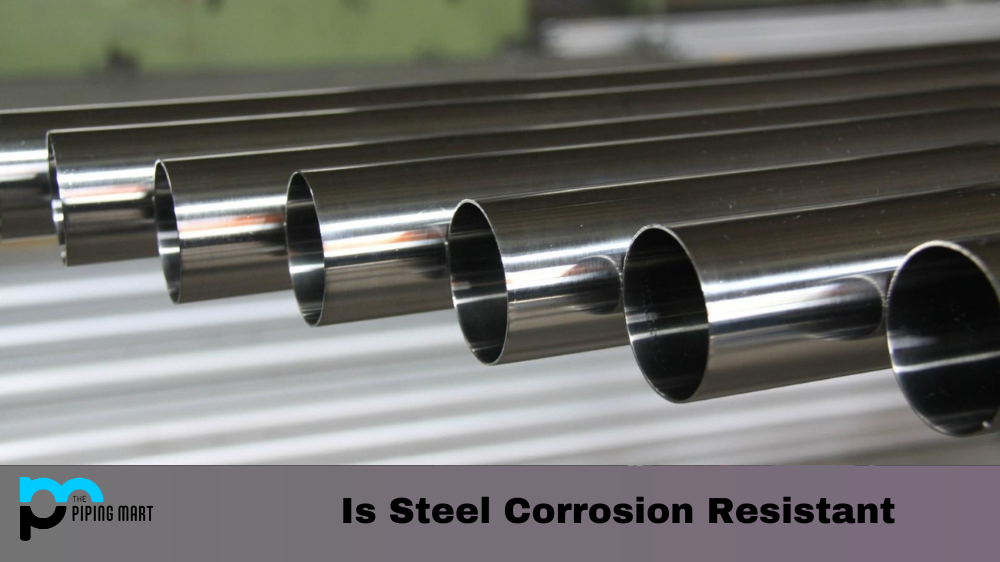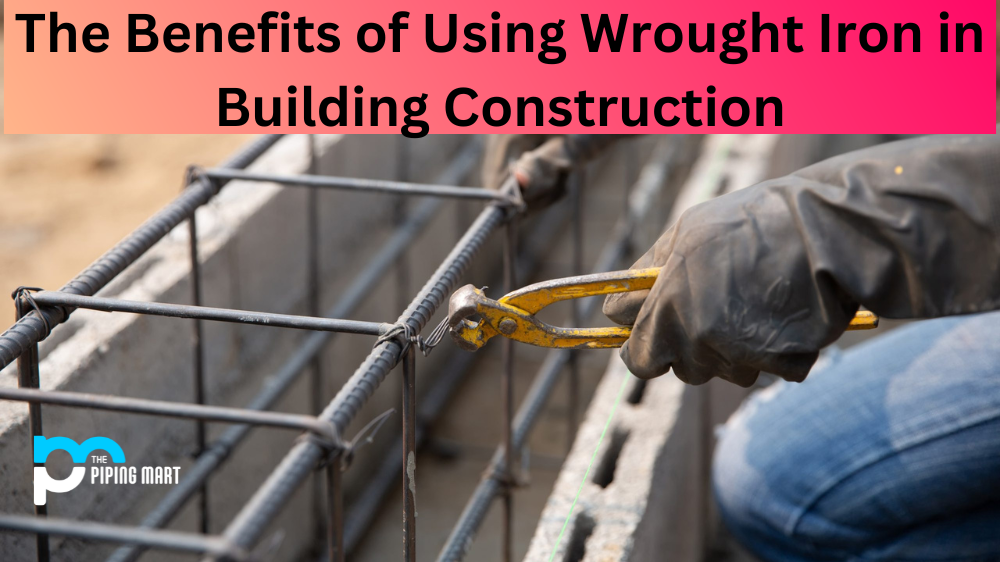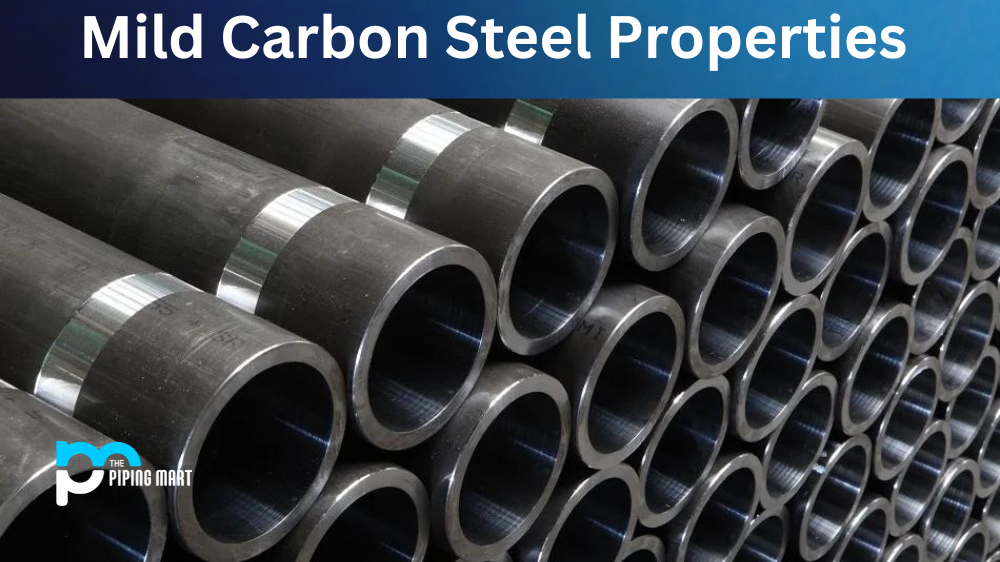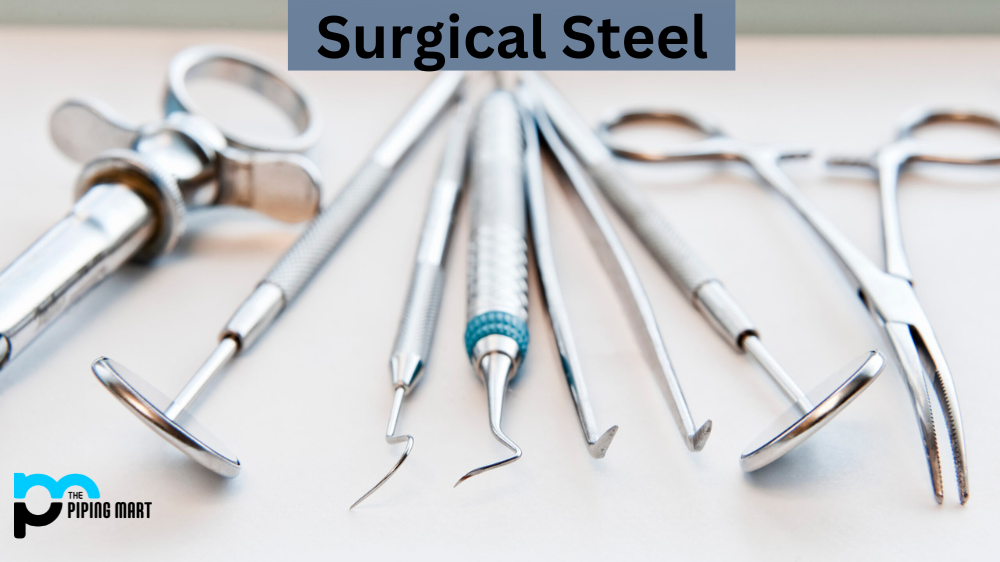Steel is one of the world’s most popular and versatile building materials. It is strong, durable, and can be used for various applications. But how corrosion-resistant is steel? Can it stand up to the elements, or will it eventually rust and decay? Let’s take a look at how corrosion-resistant steel really is.
What Causes Corrosion?
Before we can discuss how corrosion-resistant steel is, we must first understand what causes corrosion. Corrosion occurs when a metal reacts with its environment. This reaction causes metal to break down over time, resulting in rust and decay. Rain, humidity, oxygen, salt water, and other chemicals can all cause the metal to corrode if left unchecked.
Corrosion Resistant Steel Alloys
Steel alloys are metals that have been mixed together to create a material that is stronger than either component on its own. These alloys are often used in construction because they are more durable than pure steel. Several types of corrosion-resistant steel alloys are available, such as stainless steel or galvanized steel. Each type has its own unique properties that make it better suited for certain jobs than others. Stainless steel is the most commonly used type of corrosion-resistant steel alloy because it offers excellent resistance to rust and decay even when exposed to harsh elements like salt water or high temperatures. Galvanized steel also protects against rust and oxidation but provides less protection against impact damage or extreme temperatures than stainless steel.
How To Protect Steel From Corrosion
The best way to protect steel from corrosion is to use appropriate coatings or treatments on the surface of the metal before it is exposed to potentially corrosive environments. For example, galvanization involves coating the surface of a metal with zinc oxide, which helps prevent oxidation from occurring and keeps the metal from rusting quickly. Other coatings, such as paint or oil, can also be applied to help protect against corrosion even further by providing an additional barrier between the metal surface and its environment. Finally, proper maintenance practices such as regularly cleaning off any dirt or debris accumulated on the surface can also help keep your metal from corroding too quickly over time.
Conclusion:
Steel is one of the most widely used materials in construction due to its strength and durability, but just how corrosion-resistant is it? The answer depends largely on what type of alloy you’re using as well as what kind of environment your structure will be exposed to over time. Stainless steel offers excellent resistance against corrosive agents while galvanized steels offer good protection but may need to be more in certain situations where more extreme conditions exist. Proper maintenance practices along with appropriate coatings or treatments, can help protect your structure from premature corrosion over time, so make sure you consider these factors when designing your next project!

Abhishek is a seasoned blogger and industry expert, sharing his insights and knowledge on various topics. With his research, Abhishek offers valuable insights and tips for professionals and enthusiasts. Follow him for expert advice on the latest trends and developments in the metal industry.




